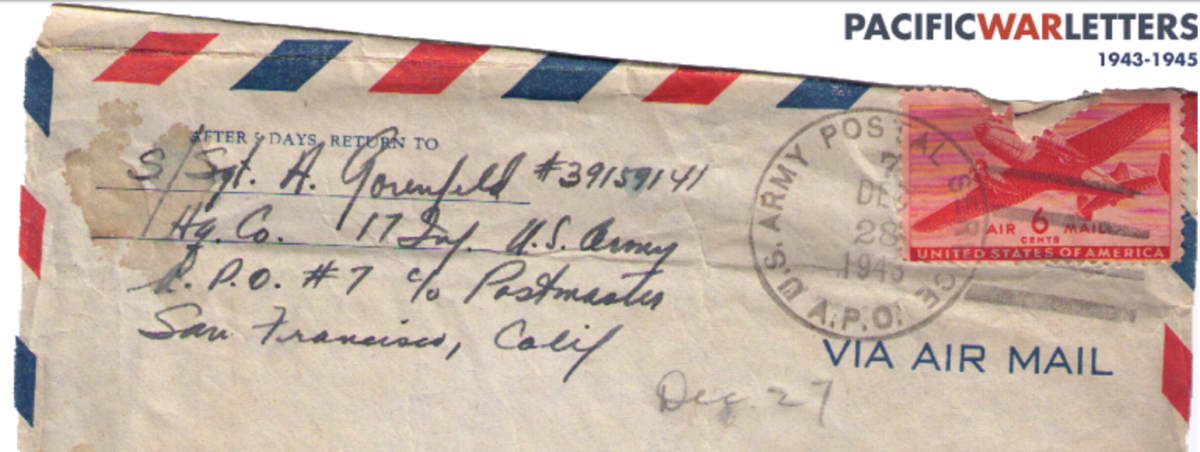Despite heavy casualties, the Japanese mounted two more attacks on consecutive nights. Not until the morning of 27 November were American troops able to take the offensive, counting at the time some 400 enemy dead outside of their perimeter and discovering over 100 more along with 29 abandoned machine guns as they advanced farther northwards that day. The 7th Division soldiers dubbed the successful defense of the Damulaan area “the Shoestring Ridge battles” after the precarious supply system that supported them rather than after the terrain fought over.
After a few days’ rest and a rotation of units, General Arnold finally began in earnest his advance toward Ormoc with a novel tact tic. On the night of 4 December vehicles of the 776th Amphibian Tank Battalion put to sea and leaped-frogged north along the coast 1,000 yards ahead of the ground units. The next morning, the tanks moved to within 200 yards of the shore and fired into the hills in front of the advancing 17th and 184th regiments. This tactic proved effective, greatly disorganizing the defenders, except where ground troops encountered enemy pockets on reverse slopes inland, shielded from the offshore tank fire.
As the 7th Division pushed north with a two-regiment front, the 17th Infantry inland encountered heavy enemy fire coming from Hill 918, from which the entire coast to Ormoc City could be observed. It took two days of intense fighting against enemy units supported be mortar and artillery fire for the 17th and 184th regiments to clear the strongpoint, after which the advance north accelerated. By 12 December, General Arnold’s lead battalion was less than ten miles south of Ormoc City.
The results of my birthday party were quite interesting. The next morning a number of kids came to greet me with gifts of eggs, bananas, camotes and green onions.
One little fellow of 15 is a particularly good friend of mine now. His name is Acquilino and when I gave him and his buddies some candy he said, in a very precise English – “I am so sorry sir, I have nothing to give you.”
I put my hand on his shoulder and said, “Acquilino, you have very much to give me—and that is your friendship.” He was visibly touched—a lump came into his throat and then he smiled.
The next morning he was back very early with a little sack of camotes—It is the only food the family has and I was not so sure he could spare it, but to refuse was impossible as I looked into that bright eager face. So I took the camotes and gave him an armful of things that would be very useful at home.
Acquilino wants to be a doctor but his family is too poor, so he will be a farmer like his father. His brother was a school teacher in a very small barrio (village), but when the Japs came in he was pointed out by spies as the leader of the underground movement. He was brutally beaten & then taken away and has not been heard of since.
